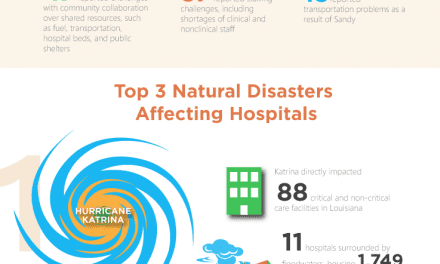The University of Texas MD Anderson Cancer Center has signed an agreement with the International Atomic Energy Agency (IAEA) to become an IAEA Collaborating Centre. This partnership aims to advance global expertise in radiation oncology, radiation physics, radiology, nuclear medicine, and nutrition. MD Anderson, renowned for its comprehensive radiation oncology facility, will be the inaugural IAEA Collaborating Centre in the U.S. with a healthcare focus.
“Our years of work with the IAEA and now being named a Collaborating Centre, exemplifies our commitment to advancing global efforts in cancer research, treatment and education,” says Peter WT Pisters, M.D., president of MD Anderson. “This collaboration underscores our dedication to fostering international collaborations that accelerate progress, particularly in low- and middle-income countries, where radiation treatment and diagnostic imaging capabilities are least accessible.”
The IAEA has six decades of experience helping countries act against cancer, and also cooperates with the World Health Organization (WHO) and other agencies within the United Nations system.
An IAEA Collaborating Centre is an IAEA Member State institution that focuses on research, development and training and which has been designated by the IAEA to support its programmatic activities by implementing an agreed work plan. As of January 2024, 71 active IAEA Collaborating Centres worldwide operate in various areas related to the safe, secure, and peaceful application of nuclear science and technology.
“Through its work, MD Anderson has demonstrated its firm commitment to advancing cancer patient care, research, education, and prevention. With the signing of this agreement, and the designation of MD Anderson as an IAEA Collaborating Centre, we will support cancer care for all through training and educational activities in low- and middle-income countries under the IAEA’s Rays of Hope. By doing this, we are tackling cancer challenges where assistance is needed most,” says IAEA Director General Rafael Mariano Grossi.
MD Anderson’s designation as an IAEA Collaborating Centre follows several years of collaboration. The Imaging and Radiation Oncology Core (IROC) Houston in the Department of Radiation Physics at MD Anderson has provided several international Member States of the IAEA with quality assurance services, including audits, training, and research.
Additionally, training, and expert missions have been conducted by teams from Radiation Physics, Radiation Oncology, Imaging Physics, Diagnostic Imaging, and others. MD Anderson experts also have contributed to many IAEA publications, among them the Radiation Oncology Physics: A Handbook for Teachers and Students and the recent IAEA Human Health Report on National Networks for Radiotherapy Dosimetry Audits.
MD Anderson will expand its support of IAEA through a jointly developed work plan that includes:
- Training and educational activities in radiation oncology, radiation physics, radiology, nuclear medicine and nutrition.
- Technical expertise and assistance in expanding scientific and technical capabilities in radiotherapy and radiology.
- Research collaborations, for example, quality assurance of dosimetry auditing methodologies.
- Collaboration in the Rays of Hope initiative of the IAEA through Anchor Centres.
- Participation in the cost-free experts program of the IAEA through the provision of technical experts.
“We are honored to be designated as an IAEA Collaborating Centre. This recognition not only validates the work we’ve already completed to advance global initiatives in cancer research and treatment but also inspires us with the possibilities ahead through these collaborative opportunities,” says Kathleen Schmeler, MD, associate vice president of Global Oncology and professor of Gynecologic Oncology and Reproductive Medicine.
“We look forward to working together with the IAEA and their Member State institutions to make significant strides for cancer patients and their families around the world,” Schmeler adds.
MD Anderson’s Strategic Plan calls for reaching more people and saving more lives, which is advanced by aligning with others to provide expertise in cancer prevention, education, research and treatment in the community setting. This announcement further extends MD Anderson’s commitment to this work, which includes its international collaboration to reduce the global burden of women’s cancers with the WHO.
Aligned with the goals of World Cancer Day on February 4, MD Anderson’s efforts echo the broader mission of the international awareness day to alleviate the global impact of cancer while highlighting the need to take concerted actions to recognize, understand and resolve disparities in cancer care on a global level.
Featured image: Chris McKee, senior vice president, strategy and business development, MD Anderson, and Rafael Mariano Grossi, IAEA Director General.






